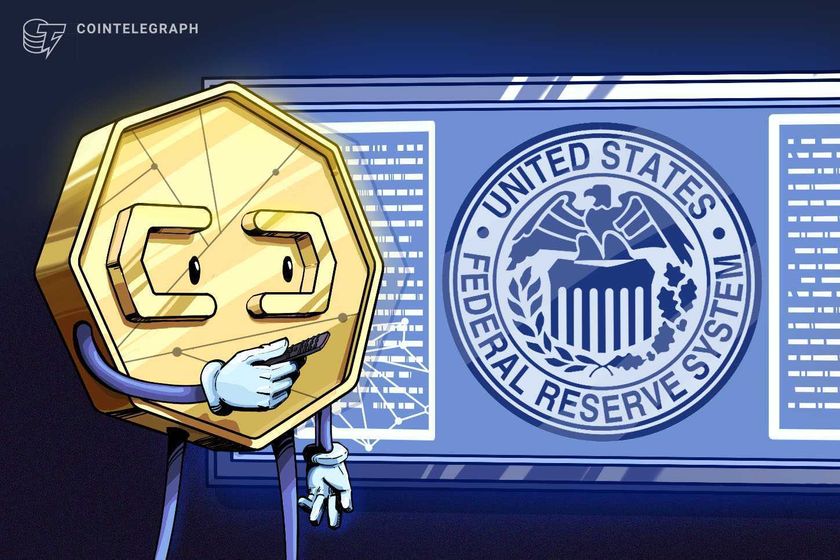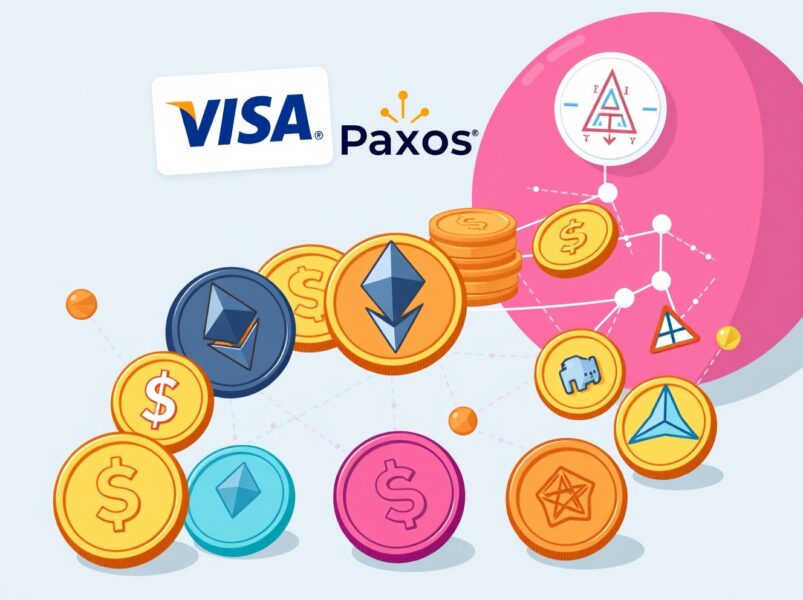- JPMorgan plans to accept Bitcoin, Ethereum as loan collateral by year-end 2025.
- Third-party custodians will safeguard pledged tokens under the global lending program.
- The move follows JPMorgan’s earlier acceptance of crypto-linked ETFs as collateral.
Investment banking firm JPMorgan Chase plans to permit institutional clients to pledge Bitcoin and Ethereum holdings as collateral for loans. The program is set to launch by the end of the year, according to reports.
The initiative will operate globally and rely on third-party custodians to hold the pledged digital assets. This expansion builds on JPMorgan’s previous decision to accept cryptocurrency-linked exchange-traded funds as collateral. The move marks a practical shift in how the bank treats digital assets within its lending operations.
Wall Street Banks Accelerate Crypto Integration
The development comes as Bitcoin reached an all-time high of $126,251 earlier this month, though the market has since experienced volatility. Regulatory conditions have improved under the current administration. This allows traditional financial institutions to expand their cryptocurrency services.
JPMorgan initially explored lending against Bitcoin in 2022 but paused the project. Client demand for cryptocurrency support has increased as the market has expanded and regulatory frameworks have been clarified. The bank’s CEO, Jamie Dimon, previously dismissed Bitcoin as a “hyped-up fraud” and a “pet rock,” but the institution now treats digital assets as viable collateral alongside traditional securities.
Dimon has moderated his public stance on cryptocurrency in recent statements. “I don’t think we should smoke, but I defend your right to smoke,” he said at JPMorgan’s investor conference in May. “I defend your right to buy Bitcoin, go at it.”
Regulatory Clarity Enables Institutional Adoption
Other major financial institutions have expanded their cryptocurrency offerings in parallel. Morgan Stanley plans to provide E*Trade retail platform customers with access to popular cryptocurrencies in the first half of next year. State Street Corp., Bank of New York Mellon Corp., and Fidelity now offer services including crypto custody solutions.
A recent regulatory change permitted firms like BlackRock to accept investors’ Bitcoin and exchange them for ETF holdings that track the token’s price. This adjustment removes friction for institutions seeking to offer cryptocurrency exposure through regulated investment vehicles.
Regulatory frameworks governing cryptocurrency are already active in the European Union, Singapore, and the United Arab Emirates. Legislation to establish crypto market structure regulations is progressing through the U.S. Congress, providing clarity for institutions developing digital asset services.
The acceptance of Bitcoin and Ethereum as collateral is a functional integration of digital assets into core banking infrastructure. Institutions can now pledge cryptocurrency holdings to secure financing, similar to how stocks, bonds, and commodities function within traditional lending arrangements.
Related: https://coinedition.com/fed-easing-and-a-7-5-trillion-cash-pile-fuel-altcoin-breakout-expectations-in-october/
Disclaimer: The information presented in this article is for informational and educational purposes only. The article does not constitute financial advice or advice of any kind. Coin Edition is not responsible for any losses incurred as a result of the utilization of content, products, or services mentioned. Readers are advised to exercise caution before taking any action related to the company.
Source: https://coinedition.com/jpmorgan-to-allow-institutional-clients-to-use-bitcoin-ethereum-as-collateral/


